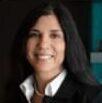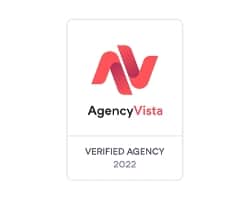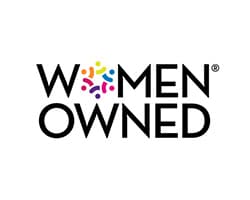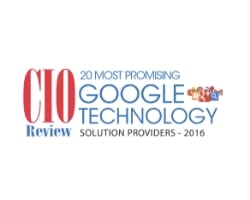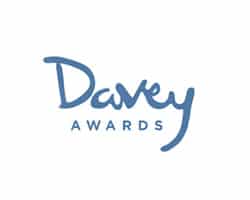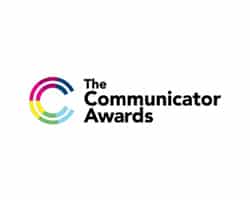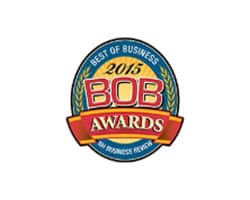The New Meaning of the Word “Mentor”
Google the word mentor and you come up with a definition that reads: to advise or train (someone, especially a younger colleague).
Passing on skills and knowledge from seasoned professionals to those who are up and coming is the traditional view of mentoring. That being said, the technology, skills and knowledge necessary for success in business today aren’t intrinsic to most leaders, but they are to the digital natives, also known as Millennials. Want to create a truly dynamic organization where everyone growths together? Ask not only what you can teach, but what you can learn.
Called reverse mentoring, mentoring-up or reciprocal mentoring, the idea is that today’s mentoring isn’t about advising or training someone younger, but learning from one another through collaboration, integration and cooperation up and down the corporate ladder. This is not a new idea, as Beth Ann Kaminkow wrote in her January 2011 article in Advertising Age and it remains true today:
Never before have the diverse generations within the work force had so many unique competencies and strengths to offer each other. We are living in a time when a youthful understanding and comfort level with technology and merging media/devices trumps, in some instances, years of experience and knowledge. Reciprocal mentoring offers a developmental bridge that narrows the divide and eases an organization’s progression through change.
Having your organization take a more holistic approach to mentoring not only helps the bottom line by creating greater alignment with your mission, it also bridges the gap between generations.
4 Ways to Improve the Way You Mentor
As noted by MindTools, an online management and leadership training company, “Baby Boomers, Generation X and Millennials have experienced vastly different social and cultural situations, which has resulted in varied work ethics, mindsets and attitudes.” A holistic approach to mentoring can create mutual understanding through open communication and shared learning, united under one mission over time.
Whether formal or informal, focus in on these four key points to establish or retool your mentoring program:
Open Communication. At its core, mentoring is about communication and connecting more senior level and junior executives face-to-face. While the main focus is on professional growth, you can’t foster that without personal understanding. This includes background, education, passions and goals. Everyone has a story to tell. Listen. It will provide greater insight on where you can connect and grow together.
Shared Learning. Mentoring isn’t about status and power. It is about sharing, not showboating. Senior employees have greater work experience and understanding of organizational culture that is critical intellectual capital. You have to understand where you’ve been in order to know where you are going. At the same time, digitally savvy junior employees can help explain and integrate new technologies to more efficiently achieve operational goals.
Clear Mission. Having a clear mission is critical to the success of any organization. Greater alignment and articulation of that mission can be achieved through mentoring. Mentoring is about cultivating leaders, and true leadership is about cultivating individual strengths to create collective success. As Liz Ryan describes in a recent article for Forbes: “A leader and his or her team have a mission. They all know what the mission is and they know their piece in it. Leaders allow people to design their own jobs as much as possible and to put their own stamp on their jobs.”
Time. Mentoring takes time. A senior employee can’t impart all their experience over a one-hour lunch. And a junior employee is going to quickly realize “older folks” don’t necessarily catch on to the new operating system or digital application in mere seconds. Holistic mentoring is about mutual growth over the long-term, not simply career advancement in the here and now. This should be a relationship that develops over time and builds trust.
As Lee Colon notes in Inc., for your organization to move forward it may need to shift into reverse, and mentor up, not just down. And the ideal mentor may not be inside your organization, it may be outside.
Ready to Mentor Up?
Need more insight on how to technologically advance your marketing and connect your content online? Our digital natives are always up for a chat and willing to share their knowledge and experience. Give us a call at 877-873-7445 or email [email protected].


